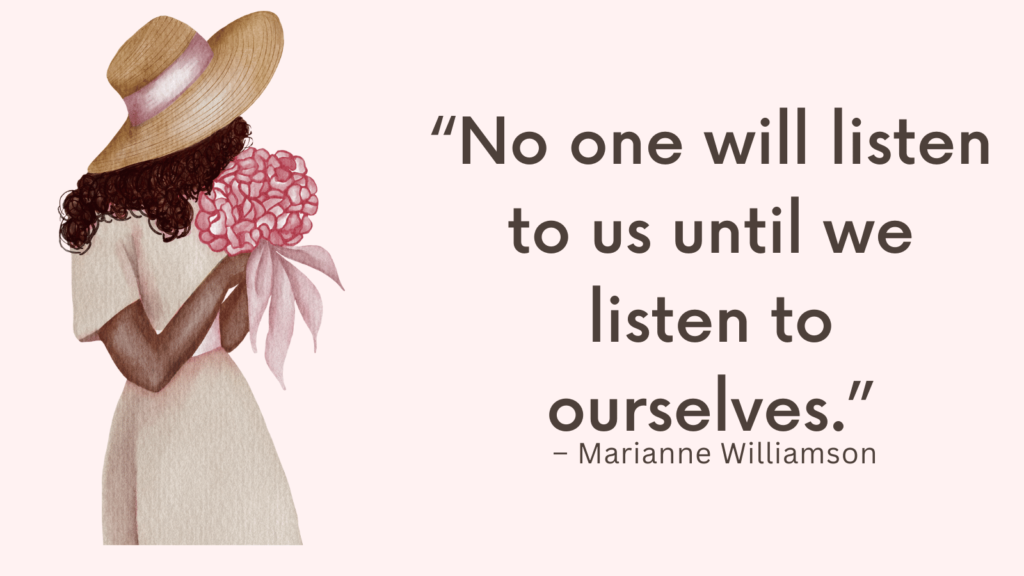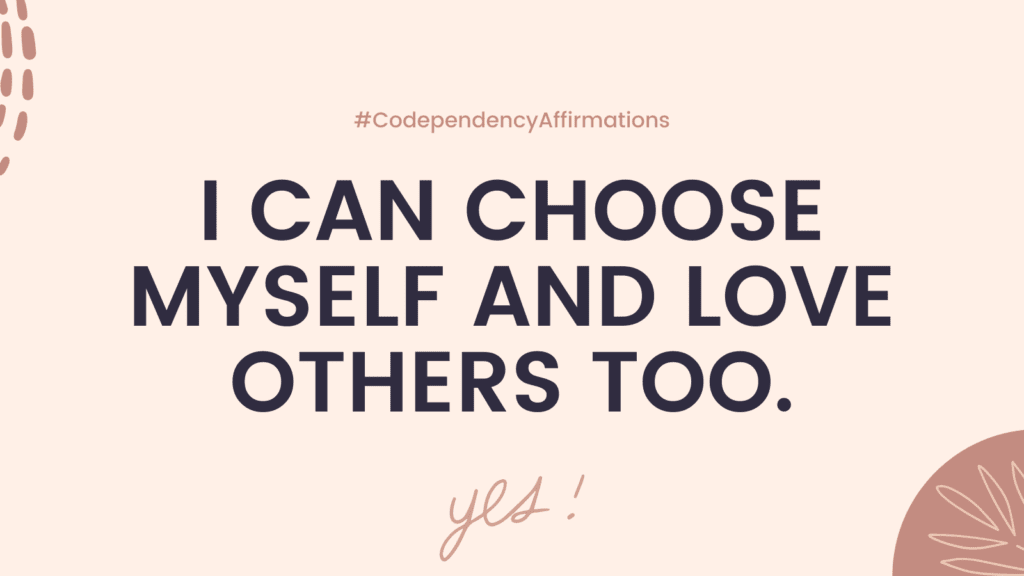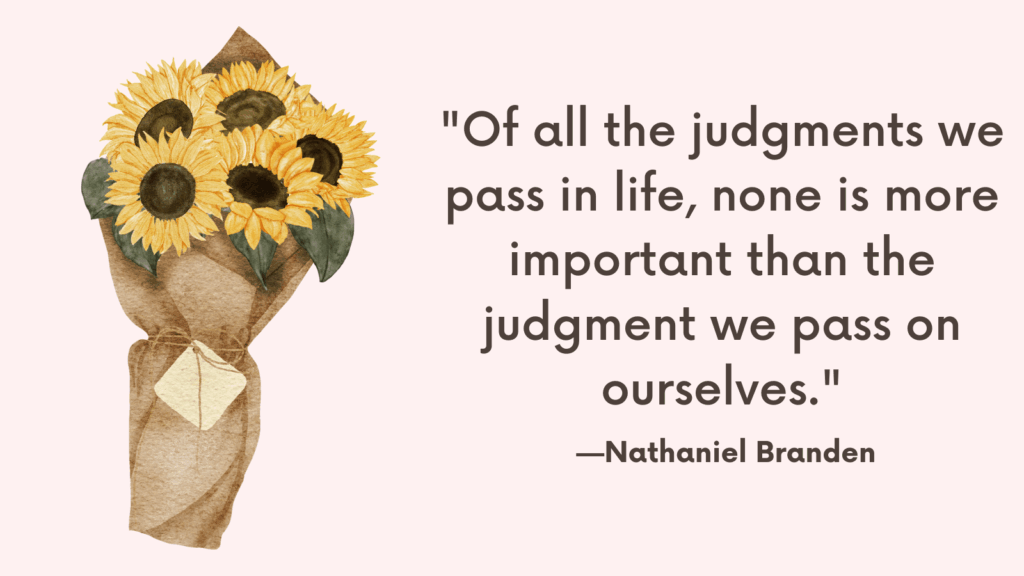This post contains “Codependent Friendship Quiz” as well as helpful tips on how to break codependency in a friendship.
Codependent Friendship Quiz
Reflecting on the following questions may give you insight into whether your friendship exhibits codependent tendencies.
Results
#1. Do you often prioritize your friend’s needs and wants over your own?
#2. Do you have difficulty expressing your own opinions or asserting yourself in the friendship?
#3. Are you frequently feeling responsible for your friend’s emotions or well-being?
#4. Do you find yourself constantly seeking approval or validation from your friend?
#5. Are you afraid that setting boundaries or saying no to your friend will lead to conflict or rejection?
#6. Does your friend rely on you excessively for emotional support or problem-solving, without seeking help from others?
#7. Do you feel a strong need to rescue or fix your friend’s problems or life situations?
#8. Are you sacrificing your own goals, interests, or values to maintain the friendship?
#9. Does your friend often make you feel guilty or manipulate your emotions to get what they want?
#10. Are you frequently feeling drained, exhausted, or emotionally depleted after spending time with your friend?
#11. Do you find it challenging to spend time alone or engage in activities without your friend’s presence or involvement?
We will not sell your information. All results are kept confidential.
This quiz is for informational purposes only. It is not meant as a diagnostic or assessment tool.
Results
It’s important to keep in mind that answering “yes” to one or two of these questions does not necessarily mean your friendship is codependent.
However, if you consistently identify with several of these signs and feel trapped in an unhealthy dynamic, you may be in a codependent friendship.
Related: EFT For Codependency: Simple 5 EFT Steps That Will Help You Break Free From Codependency
How to Break Codependency in a Friendship?
Codependency in a friendship can be emotionally draining and hinder personal growth for both individuals involved.
Recognizing the signs of codependency is an important first step towards breaking free from this cycle.
By implementing certain strategies and focusing on developing healthy independence, you can create a more balanced and fulfilling friendship.
1. Self-awareness and acceptance
The first step towards breaking codependency is acknowledging and accepting that the friendship is imbalanced.
Reflect on your own needs, emotions, and boundaries, exploring any underlying fears or insecurities that may contribute to codependent patterns.
Developing self-awareness allows you to recognize the negative impact of codependency and motivates you to make positive changes.
2. Setting boundaries
Establishing clear boundaries is crucial to breaking codependency in a friendship.
Communicate your needs and limitations respectfully but firmly. It may feel uncomfortable initially, but enforcing boundaries is essential for your emotional well-being.
Make a list of your personal boundaries and discuss them openly with your friend, encouraging them to do the same.
Respect each other’s boundaries and hold yourselves accountable.
Related: Top 25 Tips On How To Set Boundaries Without Being Controlling? (+FREE Worksheets PDF)
3. Cultivating self-care practices
Prioritize self-care activities that nurture your physical, mental, and emotional well-being.
Engage in activities that bring you joy and help you recharge.
This may include exercise, meditation, pursuing hobbies, spending time with other friends, or seeking professional help, such as therapy or counseling.
By taking care of yourself, you become better equipped to contribute positively to the friendship without becoming overly dependent on it.
4. Developing assertiveness and effective communication skills
Assertiveness and effective communication are vital in breaking codependency.
Practice expressing your thoughts, emotions, and needs openly and honestly, while still being respectful towards your friend.
Learning effective listening skills is equally important, as it helps build empathy and understanding within the friendship.
Encouraging open and non-judgmental dialogue creates a healthier foundation for communication and reduces reliance on unhealthy patterns.
Related: Top 5 Tips On How To Be Assertive Without Being Rude
5. Expanding social support networks
Codependent friendships often become all-encompassing, leaving little room for external relationships.
Expanding your social support network can help alleviate the pressure and dependence on one particular friendship.
Seek opportunities to connect with new people, join interest groups, or participate in community activities.
By developing a diverse social circle, you gain perspective and create opportunities for personal growth outside of the codependent dynamic.
6. Embracing healthy interdependence
Breaking codependency does not mean completely severing the friendship; instead, focus on cultivating healthy interdependence.
Encourage mutual support, respect, and individual growth within the friendship.
Each person should take responsibility for their own emotions and actions, while also being supportive and caring towards each other.
Emphasize the importance of maintaining individual identities and pursuing personal goals and interests alongside the friendship.
Related: Counterdependency: Top 9 Ways to Overcome It

What Healthy Friendships Look Like
Healthy friendships are built on mutual respect, trust, and emotional balance — not on rescuing, controlling, or losing yourself in the other person’s problems. Without codependency, friendships thrive on independence, authenticity, and shared support, allowing both people to grow and feel whole.
1. Both People Maintain Their Own Identity
You each have your own hobbies, interests, goals, and social circles, and you respect each other’s independence without feeling threatened or left out.
2. Emotional Support Is Balanced
You listen and care for each other, but neither of you feels responsible for fixing, rescuing, or carrying the other person’s emotional burdens.
3. Boundaries Are Respected
Both friends can set limits (around time, space, or emotional energy) without guilt-tripping, resentment, or fear of abandonment.
4. Communication Is Honest and Open
You can share your feelings, opinions, or concerns without walking on eggshells or fearing that honesty will damage the friendship.
5. Time Together Feels Uplifting, Not Draining
Spending time together leaves you feeling recharged, supported, and valued — not emotionally exhausted, anxious, or resentful.
6. There’s Room for Conflict and Repair
Healthy friends can disagree or have misunderstandings without it turning into emotional chaos or threats of ending the friendship.
7. Both People Take Responsibility for Themselves
You each handle your own emotions, decisions, and problems, seeking support when needed — but not expecting the other to be your savior or constant solution.
8. There’s Flexibility, Not Control
You allow each other flexibility in plans, life changes, and needs without trying to control or micromanage the other person’s choices.
9. There’s Mutual Respect for Growth
You celebrate each other’s growth, even when it means changes in the dynamic, and you don’t feel threatened by each other’s successes or evolving needs.
10. The Friendship Feels Safe and Equal
At its core, the friendship is built on trust, respect, and emotional equality — not on one person being the caretaker, fixer, or emotional anchor for the other.
Conclusion
Breaking codependency in a friendship is a transformative journey that requires self-reflection, courage, and commitment.
By practicing self-awareness, setting boundaries, prioritizing self-care, improving communication, expanding social networks, and embracing healthy interdependence, you can gradually break free from codependent patterns.
Remember that change takes time and patience, and embracing healthier dynamics will lead to a more fulfilling and balanced friendship.







